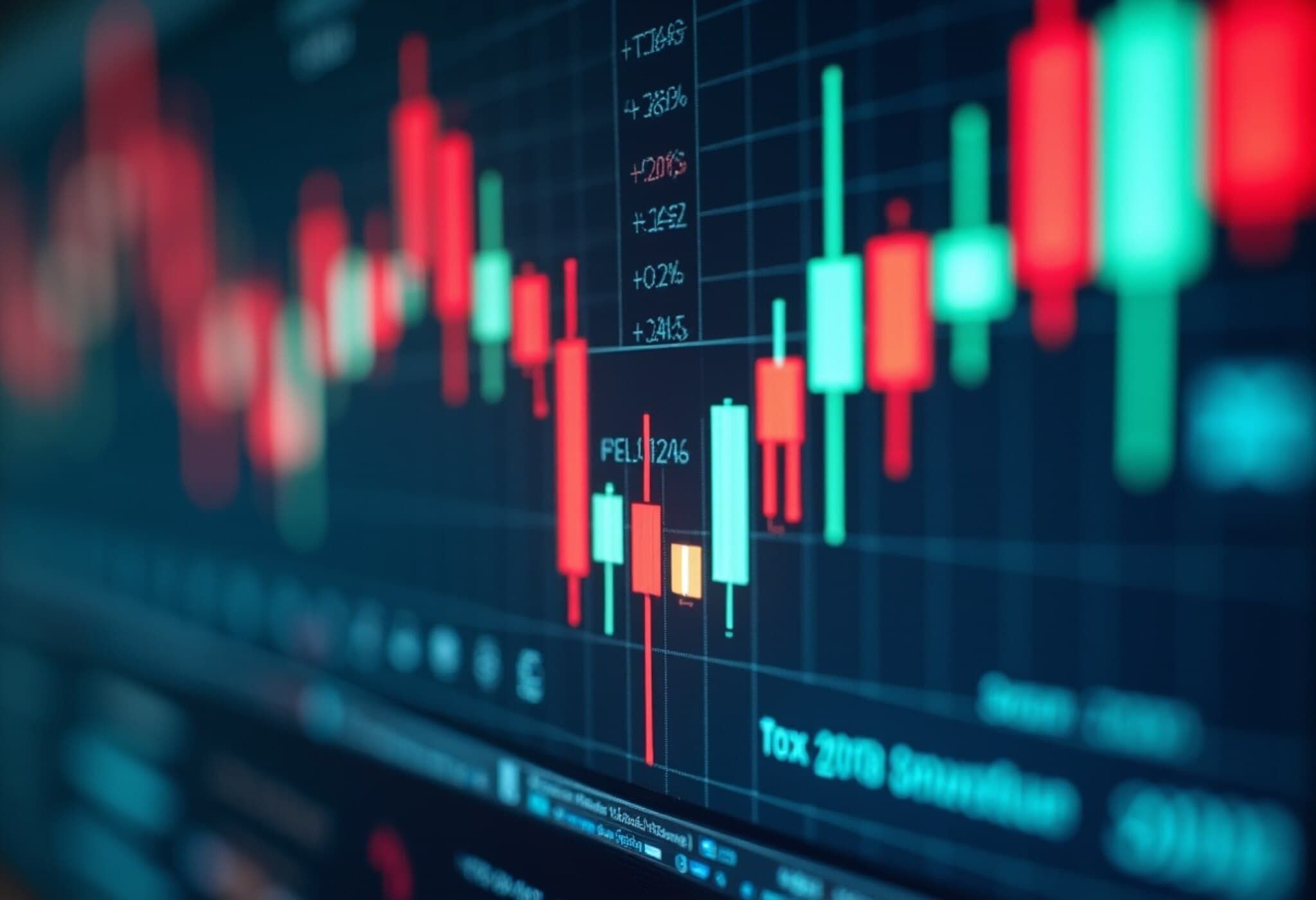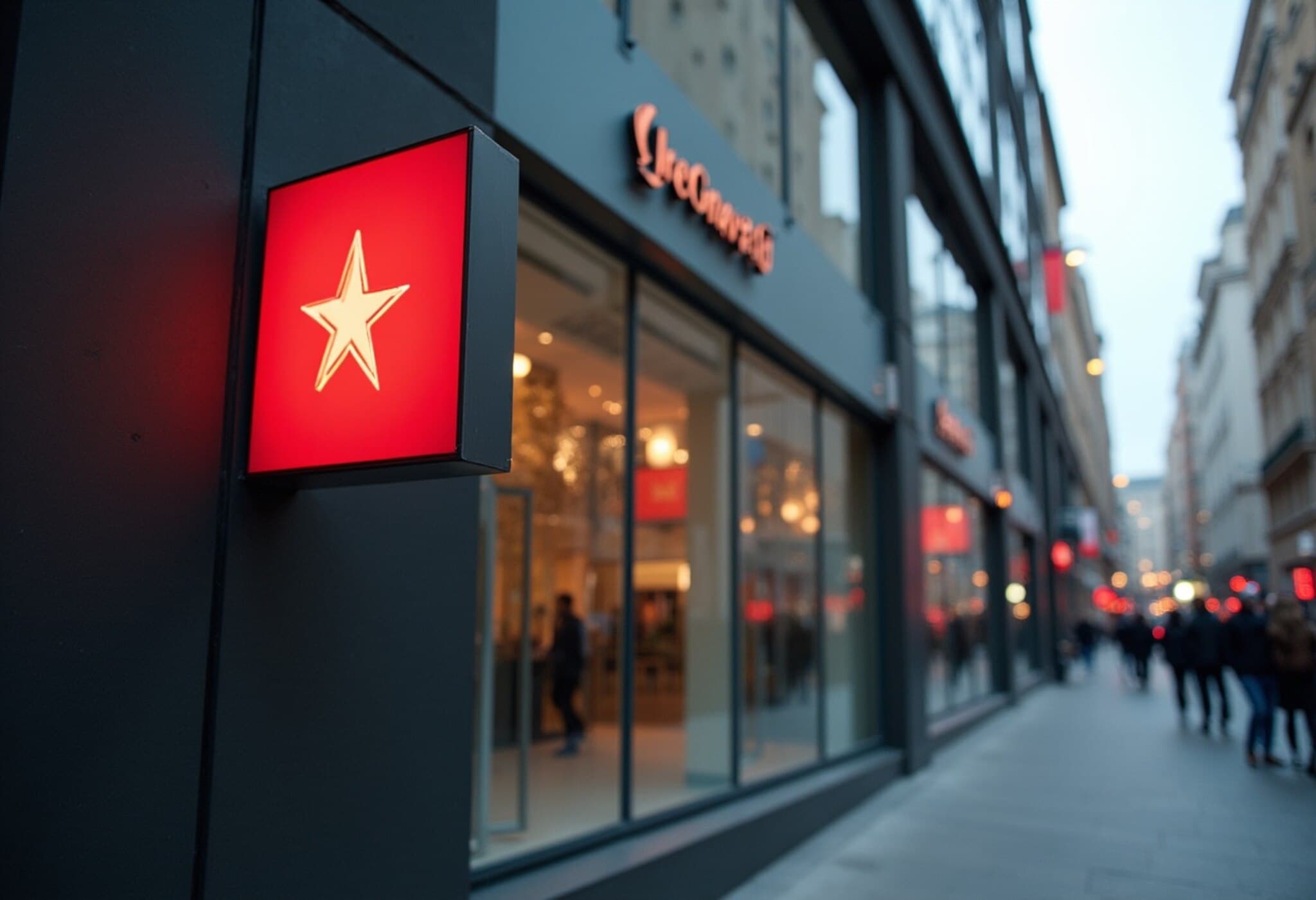European Markets Anticipate Positive Start as Earnings Season Heats Up
European stock markets are expected to open broadly higher on Thursday, buoyed by robust earnings reports from major corporations like Shell and Anheuser-Busch InBev. After a mixed session on Wednesday, investors are closely watching key Q2 earnings results and upcoming economic data releases to gauge the economic trajectory amid ongoing global uncertainty.
Shell Surpasses Profit Expectations Despite Lower Oil Prices
Energy giant Shell surprised analysts by posting better-than-expected adjusted earnings of $4.26 billion for the second quarter, beating the consensus estimate of $3.87 billion and its own forecast of $3.74 billion. This performance is notable given the backdrop of declining global oil and gas prices that have pressured energy companies worldwide.
Shell’s resilience highlights the company's strategic agility in managing costs and optimizing production even amid fluctuating energy markets. For American investors, the news underscores the shifting dynamics of the energy sector as legacy oil companies navigate the ongoing transition towards cleaner energy sources while balancing near-term profitability.
World’s Largest Brewer Defies Volume Drop with Profit Gains
Meanwhile, Anheuser-Busch InBev, the world’s largest brewer, reported a 6.5% increase in operating profits to $5.3 billion in Q2, surpassing analyst expectations of 5.7% growth. Despite a 2.1% decline in global volume sales, the brewer saw a promising 2.1% rise in U.S. sales, its key market, signaling strong demand as summer approaches.
CEO Michel Doukeris praised the enduring strength of the beer category and the momentum of major brands, emphasizing that these factors contributed to yet another quarter of profitable growth. The company reaffirmed its 2025 EBITDA growth forecast within a 4% to 8% range, reflecting cautious optimism amid evolving consumer preferences and economic pressures.
Market Sentiment and Upcoming Economic Indicators
Futures data from IG suggests a mildly optimistic opening for Europe’s major indexes: London’s FTSE 100 is expected to rise by 0.1%, Germany’s DAX by 0.2%, and Italy’s FTSE MIB by 0.3%, while France’s CAC 40 remains relatively flat. These movements come amidst a flurry of corporate earnings reports from regional heavyweights such as Airbus, Deutsche Telekom, and L'Oreal, among others.
On the macroeconomic front, investors await inflation data from France, Germany, and Italy, alongside unemployment figures for Germany and the European Union. These indicators will provide crucial insight into the resilience of the region’s economy against inflationary pressures and labor market challenges.
Expert Insight: Navigating a Complex Economic Landscape
The better-than-expected earnings from Shell and Budweiser come at a critical juncture when energy prices remain volatile and consumer spending patterns shift. Analysts point to these resilient corporate performances as signals that, despite headwinds like inflation and geopolitical tensions, key sectors are adapting effectively.
However, questions remain about sustainability. How will European companies manage labor costs amid tightening employment markets? Can consumer goods firms maintain growth if inflation erodes disposable incomes? These are conversations investors will be closely monitoring as the earnings season unfolds.
Looking Ahead
- Expect more Q2 earnings reports from leading European firms to shape market direction.
- Inflation and unemployment data will remain critical barometers of economic health.
- Investors should watch for policy responses from the European Central Bank amid mixed inflation signals.
Editor’s Note
The unfolding earnings season offers a window into how entrenched European companies are coping with multifaceted challenges—from volatile commodity prices to shifting consumer behaviors. The latest results from Shell and Anheuser-Busch not only reflect corporate agility but also underscore the importance of nuanced economic indicators in forecasting market health. As inflation and labor metrics emerge in the coming days, investors and policymakers alike face the task of balancing short-term pressures with long-term growth ambitions. Are we witnessing resilience or just a fleeting pause before more turbulent adjustments?














